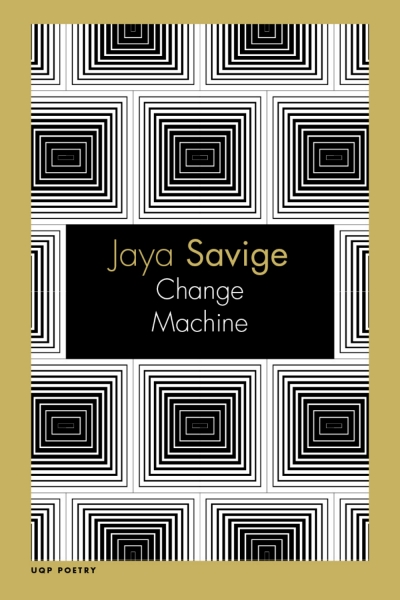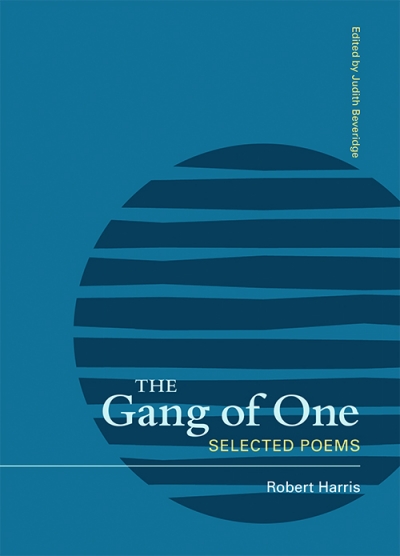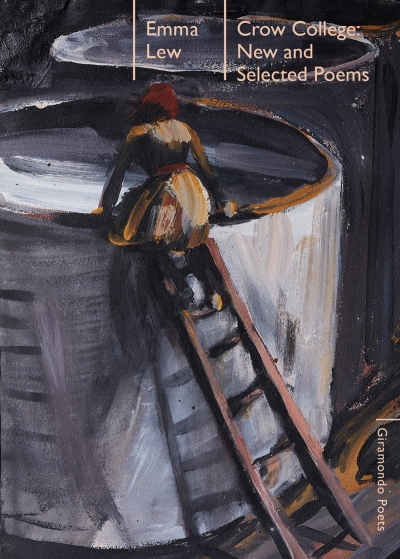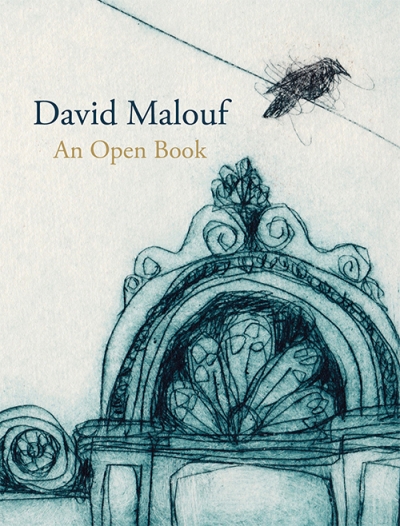Accessibility Tools
- Content scaling 100%
- Font size 100%
- Line height 100%
- Letter spacing 100%
Judith Bishop
The ABR Podcast
Released every Thursday, the ABR podcast features our finest reviews, poetry, fiction, interviews, and commentary.
Subscribe via iTunes, Stitcher, Google, or Spotify, or search for ‘The ABR Podcast’ on your favourite podcast app.
The red thread: Xi Jinping’s ideology of power
by Neil Thomas
This week on The ABR Podcast, Neil Thomas reviews On Xi Jinping: How Xi’s Marxist Nationalism is shaping China and the world by Kevin Rudd. Thomas explains that even China watchers find it hard to be clear on the thoughts and plans of the leader of the Chinese Communist Party. They disagree, he tells us, on basic, critical questions, such as for how long Xi will rule. ‘Enter Kevin Rudd’, Thomas writes. ‘In his latest book, former prime minister Kevin Rudd adds a worthy new chapter to his life of public service, digesting thousands of pages of “Xi Jinping Thought” so that you do not have to’. Neil Thomas is a Fellow on Chinese Politics at Asia Society Policy Institute’s Center for China Analysis in Washington DC. Here is Neil Thomas with 'The red thread: Xi Jinping's ideology of power' by Neil Thomas, published in the December issue of ABR.
Recent episodes:
We can walk into a room not knowing. / It doesn’t happen every time. // A white room can be painted to be pure. / I mean, just to show us that it’s clean.
... (read more)i.
Look, said the sonographer, your sister says hello!
A black photo
where the future rival sucks a thumb-to-be.
Never in all history
was such a portent visible
without a guiding star ...
Very rarely, a poem comes almost complete. Even then I’ll tinker. That could mean as many as twenty drafts. A typical poem will take fifty to seventy before it rings clear, without a false note, or a word that trips the tongue. Some drafts are minimal – one or two words. I save them all as Word documents and number them sequentially. That way, I can always go back to an earlier draft if I take a wrong turn.
... (read more)To celebrate the best books of 2018, Australian Book Review invited nearly forty contributors to nominate their favourite titles. Contributors include Michelle de Kretser
... (read more)Watching others love
is something
many do, I guess –
not so much a pastime
as a mode









